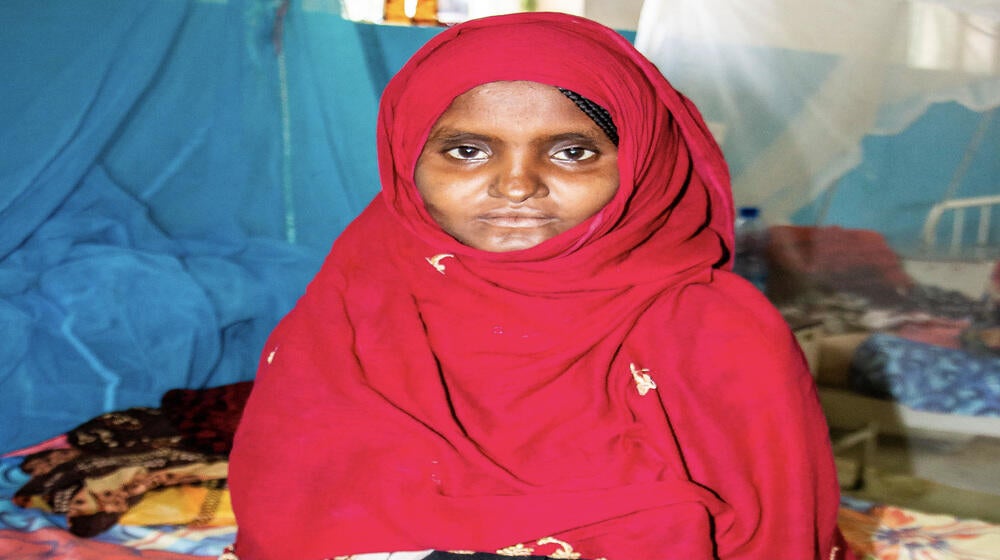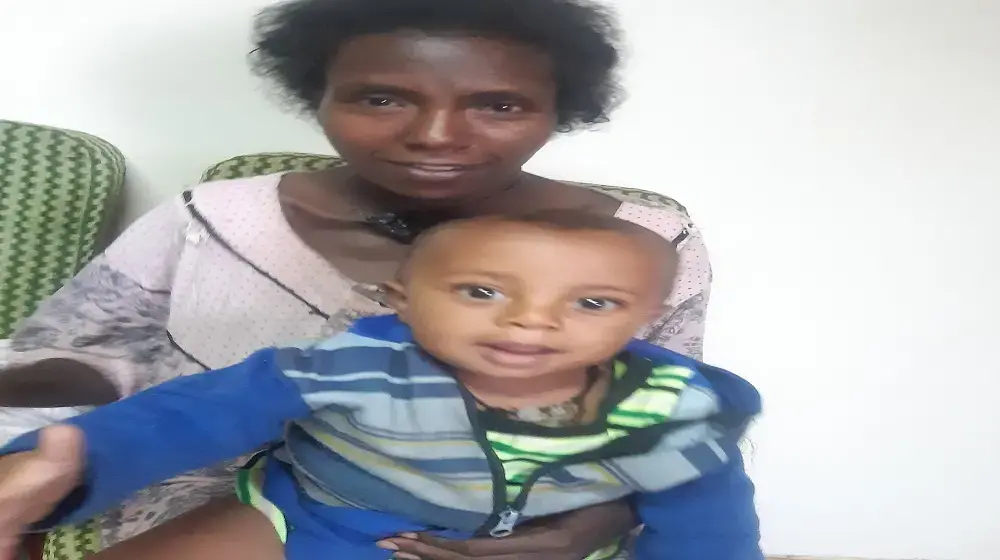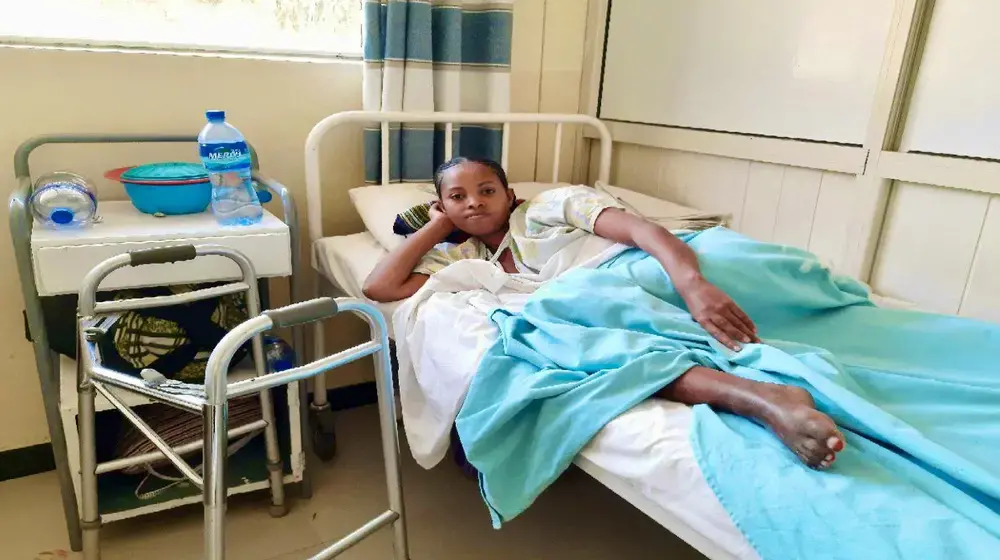Mille - Afar, Ethiopia - “When I had fistula, I never thought I would be able to have a normal life anymore or even get pregnant again,” said 32-week pregnant Fatuma Hamad at the Barbara May Maternity Hospital in Afar Region.
Fatuma’s first delivery changed her life forever. After six days of prolonged labor at home, she was taken to a nearby health center for a c-section but it was already too late. Her baby had died but they were able to save her life.
Adding to her trauma, she began leaking urine uncontrollably. She developed obstetric fistula, a childbirth injury caused by an unassisted, extended and obstructed labour affecting between 50,000 to 100,000 women every year around the world.
“My life was miserable. I was traumatized and isolated from my community. I was afraid they could beat me for my condition,” says Fatuma.
It was not until six months later that she was able to get treatment at the Barbara May Maternity Hospital run by the Afar Pastoralist Development Association (APDA), UNFPA’s implementing partner in the Afar Region. The hospital provides comprehensive maternal and obstetric care, including fistula surgical repair and rehabilitation.
“Fatuma’s case showcases the incredible progresses we are making to decrease maternal mortality and obstetric-related complications such as fistula in the region. However, there is still a lot to be done,” says Valerie Browning, founder of APDA and the Barbara May Maternity Hospital. Valerie is also a well-known advocate for universal access to maternal and reproductive health among the pastoralist communities of Afar Region.
Afar, a challenging place for motherhood
Beyond all the efforts on maternal and reproductive health, Afar is still one of the emerging regions in Ethiopia with very high newborn mortality rate - 38 deaths per 1000 live births.
“For every mother who died during delivery we have 6 newborn deaths. Maternal mortality has declined but the newborn mortality rate is still too high in the region,” adds Valerie Browning.
Afar women endure long journeys to access maternal care and when they do, most of them have serious obstetric complications after laboring for an average of 3 to 7 days at home.
“More than half of the cases here are life-saving. If she didn’t come, she would have died,” says the Medical Director from the Barbara May Maternity Hospital.
Access to safe and dignified pregnancy and birth services is not only challenged by the low number of health facilities available and long distances but also by cultural misconceptions. “Delivering at a health facility is considered a thing from the Western countries. It’s the Afar culture to deliver at home,” says Valerie Browning.
Supporting maternal and reproductive care in a pastoralist context
Amid the complexities of pastoralist societies, UNFPA has partnered with APDA to expand access to quality maternal and reproductive health services with a focus on underserved communities across rural areas of Afar region.
Through UNFPA’s humanitarian portfolio, UNFPA has provided the Barbara May Maternity Hospital with emergency reproductive health kits to ensure comprehensive emergency obstetric and newborn care services, including c-sections and blood transfusions for high-risk mothers. In addition, dignity kits, COVID-19 personal protective equipment and capacity building trainings for health care personnel have been provided on a regular-basis to ensure quality services at the facility and community level.
As per many other women who endured obstetric fistula like Fatuma, UNFPA continues to work closely with APDA for fistula repair and rehabilitation as well as reintegration of survivors into their communities.
Fatuma’s face has recovered her joy and sparkles every time she is asked about her baby “Sometimes I still don’t believe I am pregnant. My only hope is to bring a healthy and strong child to the family”.





